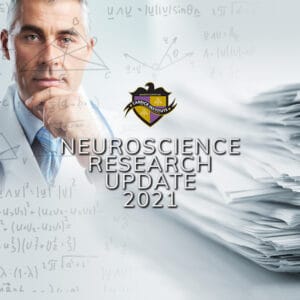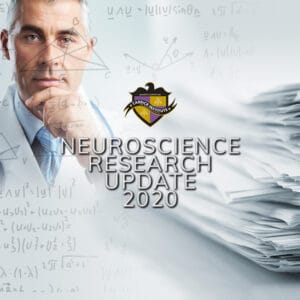Neuroscience Research Update 2023A
The Carrick Institute is proud to announce a new series designed to help clinicians stay current in the neuroscience research that comes out every year. This new program will also serve to help those keep their fellow and diplomate status with their respective organizations.
In this program, Carrick Institute faculty will pull from the recent research to analyze and dissect it so you can stay up to date with quickly evolving field of neuroscience in healthcare.
Topics Covered:
- Vestibular Rehabilitation as an Early Intervention in Athletes
- Current Evidence on the Role of the Gut Microbiome in ADHD
- COVID-19 and cognitive impairment: neuroinvasive and blood‒brain barrier dysfunction
- Effect of different types of exercise in adult subjects with fibromyalgia
- Functional Neurological Disorder: New Phenotypes, Common Mechanisms
- Tongue acupuncture for the treatment of post-stroke dysphagia
- Saccadic Eye Movement in Mild Cognitive Impairment
- Alpha-synuclein in skin as a high-quality biomarker for Parkinson’s disease
- Reduced Gain and Shortened Time Constant of Vestibular Velocity Storage
- Effect of Probiotic Bifidobacterium breve in Improving Cognitive Function and Preventing Brain Atrophy in Older Patients with Suspected Mild Cognitive Impairment
- A systematic literature review on the role of glial cells in the pathomechanisms of migraine
- White Matter Structural Connectivity and Its Impact on Psychogenic Non-Epileptic Seizures
- Expression and function of estrogen receptors and estrogen-related receptors in the brain and their association with Alzheimer’s disease
Who is this Program for?
This program is for clinicians seeking to stay current on the topic of neuroscience as it comes out in the research, as applied to healthcare. This program also satisfies the requirements for those seeking to re-certify for their neurology fellowships or diplomates.
Review Research with the 8-Step Analysis
In order for us to obtain the most important information we need from the research to apply the information clinically, we will be discussing each paper with the 8-step analysis:
- What type of study is it?
- What’s the question the authors want to be answered?
- Was there prior work that lead to the study?
- What methods were used?
- What were the results?
- How were the results interpreted?
- What was concluded (eg. clinical relevance)?
- Are the results/conclusion convincing?






